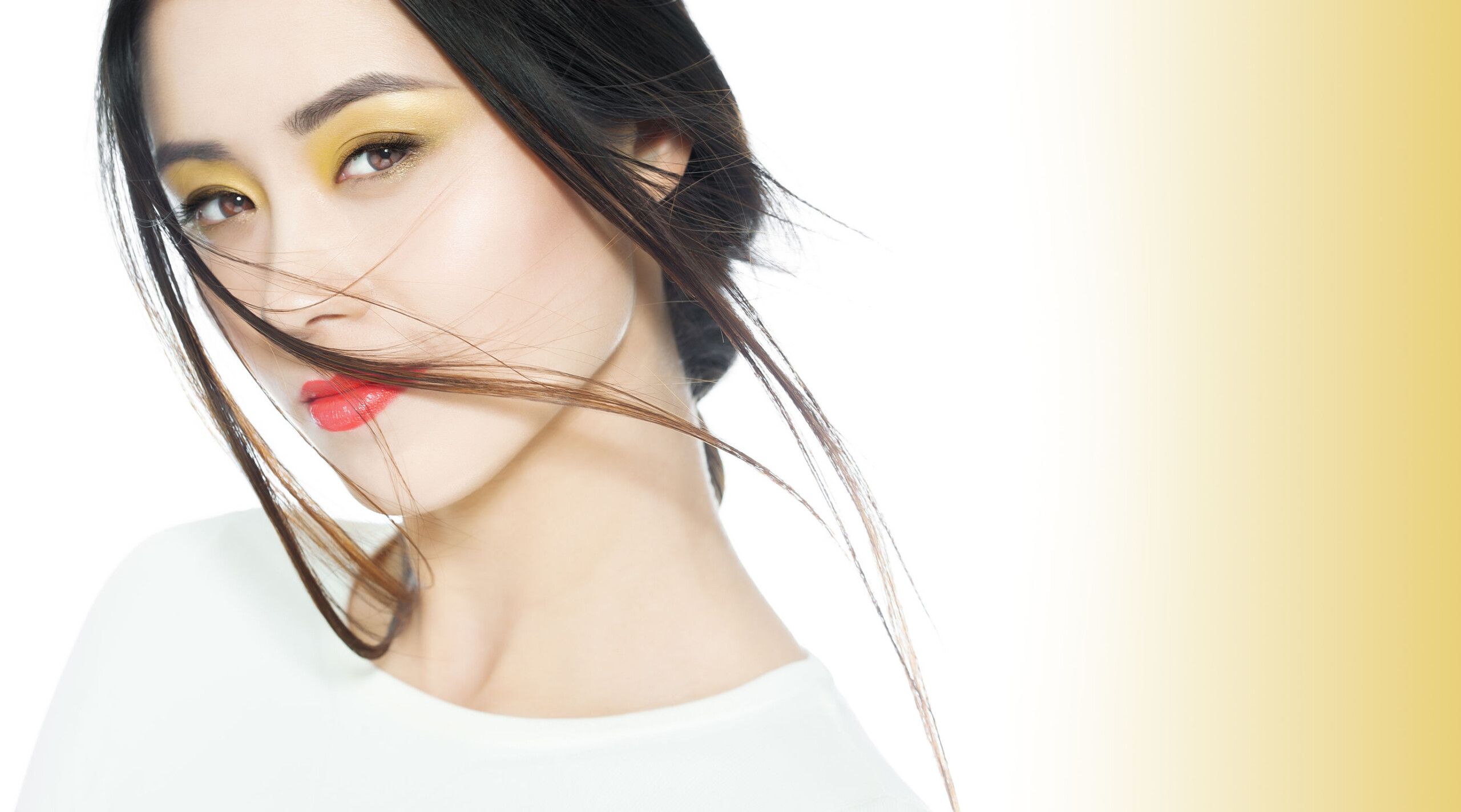 12 Jun 2024
12 Jun 2024
The traditional custom Chinese New Year is a 15-day festival that is usually divided into three periods: the preparation days preceding the festival, the festival days, and the days after the Festival Day. The 25th January 2020 marks the start of the Year of the Rat.
Follow our tips to help you celebrate the Chinese New Year in authentic style:
Preparation. In Chinese culture it is a tradition to thoroughly clean every corner of your home, in preparation for the coming New Year. The floor, walls and every item of furniture must be dusted and cleaned in order to drive out stagnant energy and bad luck from your home. Traditionally, once the home is spick and span you can go shopping for a new outfit to wear to the festival celebrations. Buying new things symbolises welcoming new opportunity into your life.
Decorations
- The Chinese character ‘Fu’ means happiness or good fortune and is often used as an expression of good wishes for the coming year. It is a custom to display the ‘Fu’ character symbol inside and outside the home. The ‘Fu’ is traditionally positioned upside down, and translates as the ‘arrival of good luck’. Originally the ‘Fu’ character was handwritten, but today people tend to buy printed copies.
- Chinese Knots are used to decorate the home during the Chinese New Year festival. The knots were originally used to string jade pendants onto clothes as a form of decorative adornment. The red Chinese knot pendants are usually given as gifts, as a blessing for good fortune and luck.
- Paper Cuts on red paper display an expression of good wishes for the future. Well meaning words, or pictures suggesting good fortune, are cut out of the red paper and are usually displayed on windows.
Greeting Cards. Traditional Chinese greeting cards are prepared before the New Year festival begins. The cards are sent to family and friends who are not able to be with you during the celebrations. The messages sent are similar to the type of wishes in a Christmas card.
The Red Envelope. Also known as ‘lucky money’, the red envelope is traditionally given to children by adults, and is presented after the family reunion dinner. The red envelope symbolises good luck and prosperity for the whole year. Children are encouraged to spend the ‘lucky money’ on books and educational resources, although some families still opt to add the money to a savings account.
Festival Time. During the festival time family and friends come together for reunion dinners. They will eat (jiaozi) dumplings and stay up all night, setting off firecrackers at midnight. The dumplings are eaten to bring wealth and prosperity into the home. They are shaped to resemble the Yuanbao, which was a form of currency used in ancient times. In many parts of China it is a custom to also eat the dumplings on 1st January.
Firecrackers & Fireworks. Firecrackers are usually set off at midnight. The tradition dates back over 2,000 years, when bamboo was lit and used to drive away the legendary Monster Nian. After the invention of gunpowder firecrackers were used instead of the bamboo. Fireworks are commonly reserved for the evening of the Lantern Festival, which signifies the end of the Chinese New Year period. To see what the Chinese New Year of the Rat has in store for you call one of our Psychic Readers today.




